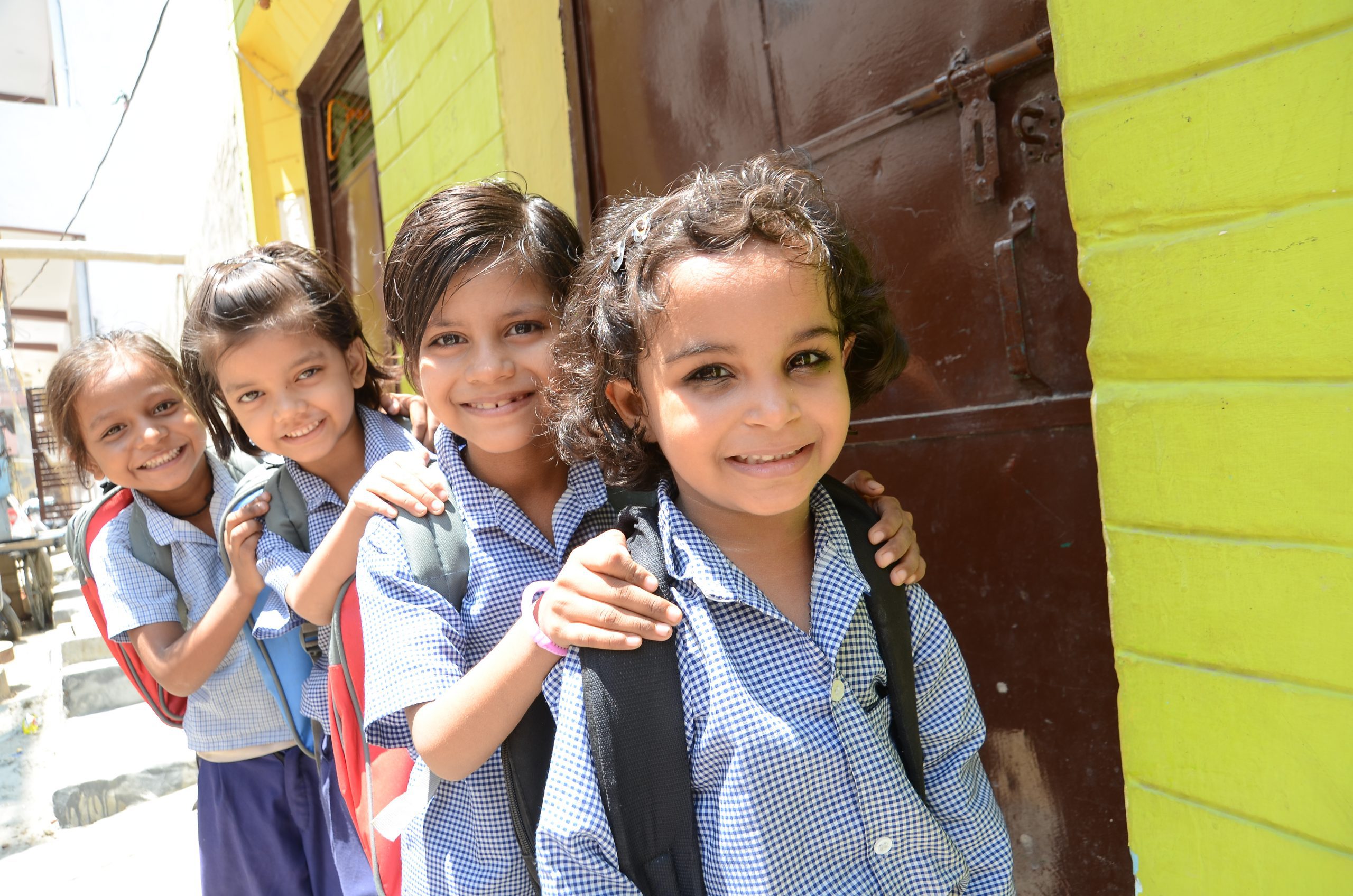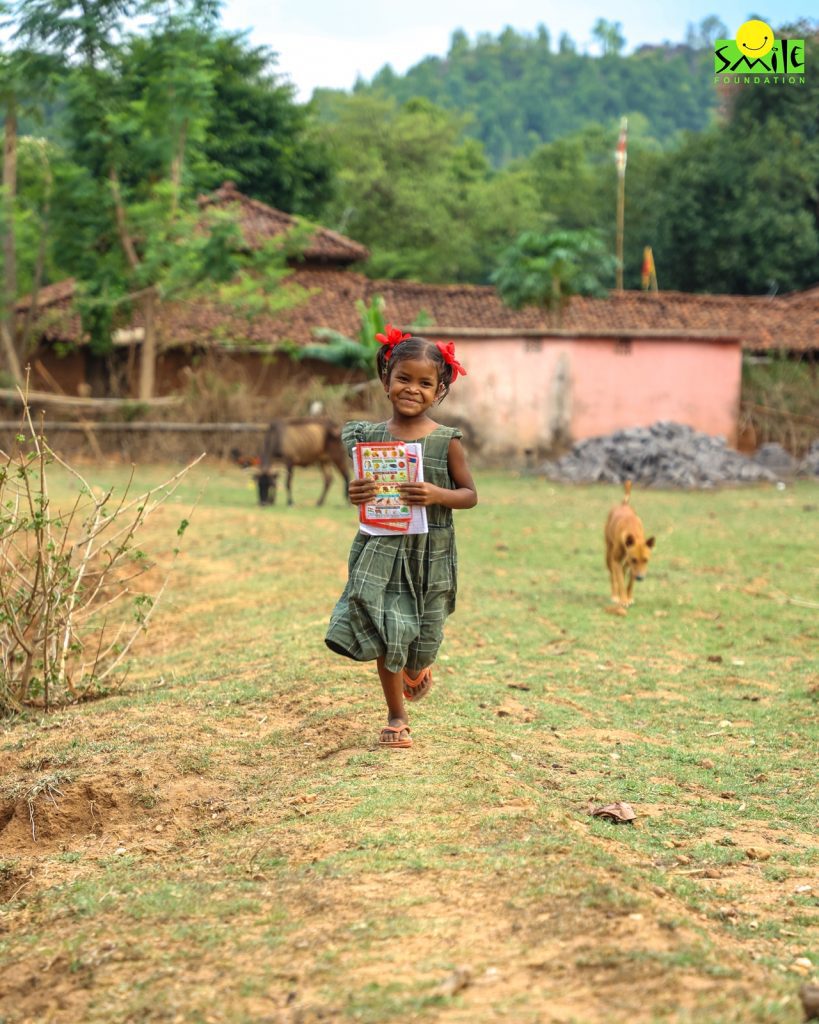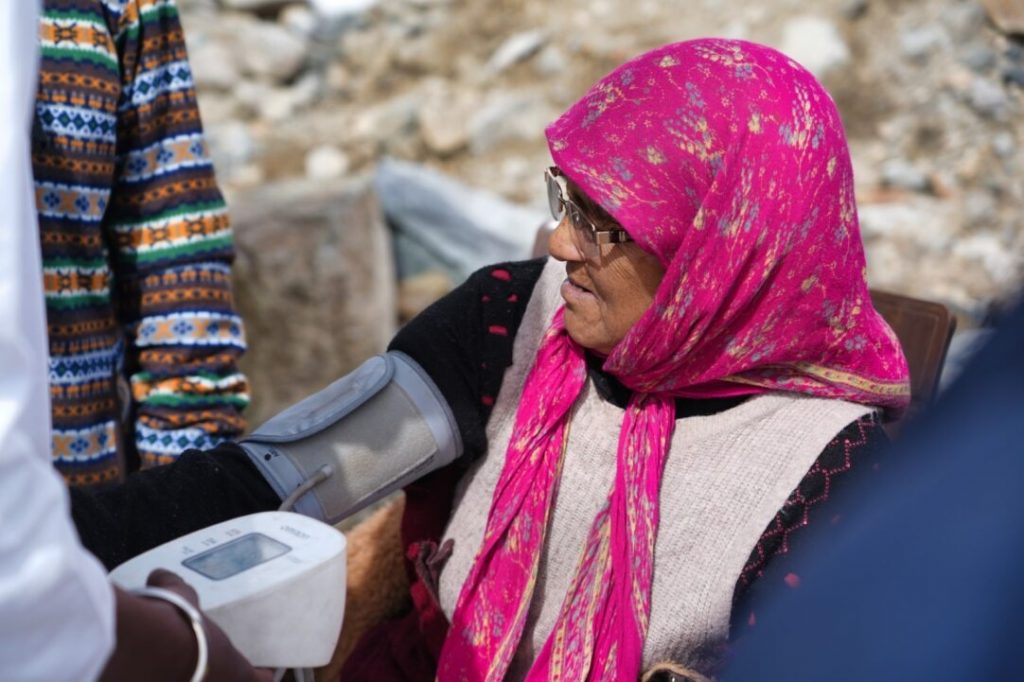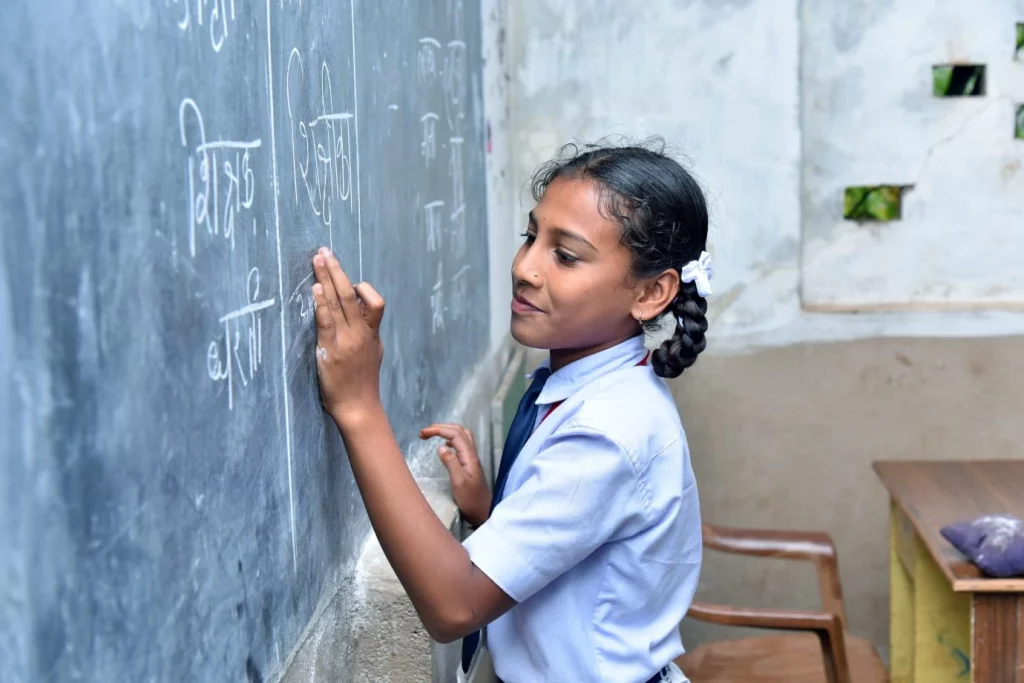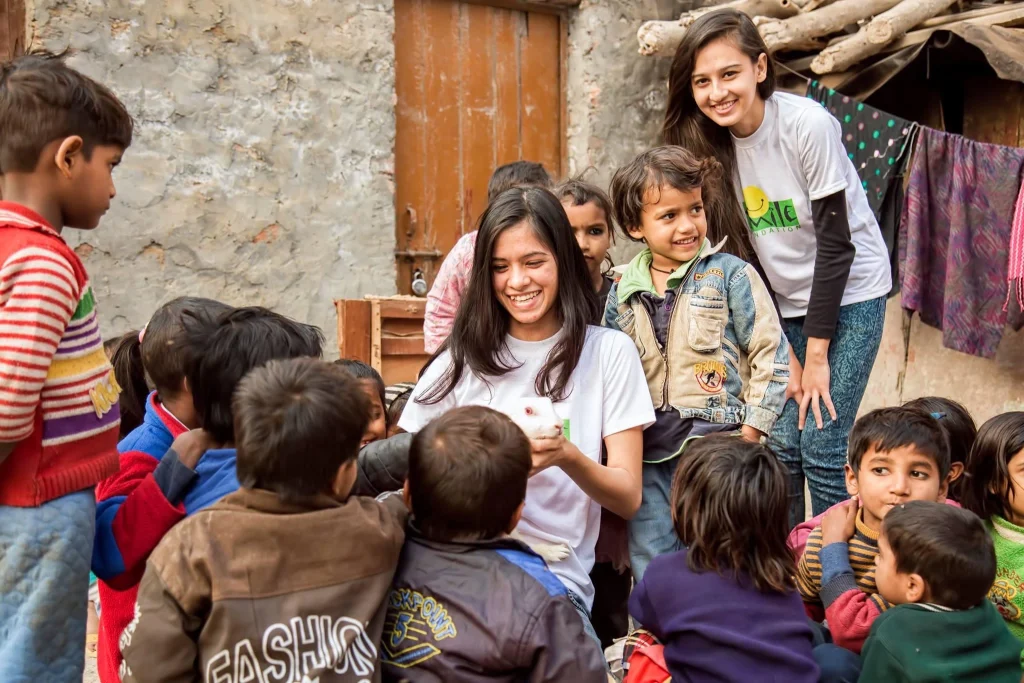Research has shown that fetuses can perceive sounds, including voices, music, and external noises, during the later stages of pregnancy. This exposure to auditory stimuli might lead to some level of familiarity with certain sounds or rhythms after birth. For example, newborns have been observed to show a preference for their mother’s voice over other voices, suggesting that they might recognize it from their time in the womb.
One fundamental truth remains unchanged: the early years of a child’s life are irreplaceable and profoundly influential. Early Childhood Care and Education (ECCE) is a vital component that shapes the trajectory of a child’s development, laying the foundation for a lifetime of learning, well-being, and social interaction.
Scope of Early Childhood Education
In this dynamic landscape, the significance of ECCE has never been more apparent, as it holds the power to empower individuals, uplift communities, and pave the way for a brighter future. By understanding the critical importance of early childhood care and education, we can unlock the potential of each child and contribute to a society that thrives on the principles of equity, inclusivity, and holistic growth.
Investing in early childhood care and education is highly worthwhile for individuals, communities, and societies. The benefits of such investments have been well-documented and offer a substantial return on investment. Here’s why investing in early childhood care and education is worth it:
1. Lifelong Impact: Early childhood is a critical period for brain development. Quality care and education during these formative years lead to better cognitive, social, emotional, and physical outcomes throughout a person’s life.
2. School Readiness: Children who receive early childhood education are better prepared for formal schooling. They develop foundational skills such as language, numeracy, problem-solving, and social interaction, setting the stage for academic success.
3. Social and Emotional Development: Early childhood care and education promote social skills, emotional regulation, and empathy. These skills contribute to positive relationships, effective communication, and emotional well-being.
4. Economic Returns: Investments in early childhood yield significant economic returns. Improved educational attainment leads to higher earning potential, increased productivity, and reduced social welfare costs, resulting in a stronger economy.
5. Reduction in Inequalities: Quality early childhood care and education can help mitigate the achievement gap between children from different socio-economic backgrounds, fostering social equity and reducing inequalities.
6. Crime Prevention: Providing children with a nurturing and educational environment early in life reduces the risk of engaging in criminal behavior later on, contributing to safer communities.
7. Health and Well-being: Early childhood programs often include health and nutrition components that contribute to better physical health and overall well-being, leading to healthier populations.
8. Parental Empowerment: Quality early childhood care and education empower parents with knowledge, parenting skills, and support networks, enhancing their ability to provide a nurturing environment at home.
9. Intergenerational Impact: Positive early childhood experiences can break cycles of disadvantage and provide future generations with better opportunities, creating a positive ripple effect.
10. National Competitiveness: A well-educated and skilled workforce is essential for a nation’s global competitiveness. Investing in early childhood care and education boosts human capital and innovation potential.
11. Societal Well-being: Ensuring a strong start for all children fosters a more inclusive and cohesive society, where individuals have equal opportunities to thrive and contribute.
12. Sustainable Development: Investing in early childhood aligns with the United Nations Sustainable Development Goals, particularly Goal 4 (Quality Education) and Goal 10 (Reduced Inequalities).
What are the Challenges in implementing ECCE?
- Quality of Services: While enrollment rates are high, the quality of services provided at many Anganwadi centers remains a concern. Issues such as inadequate infrastructure, lack of trained staff, and limited learning materials impact the effectiveness of early childhood care and education.
- Malnutrition: Despite efforts to address malnutrition, India still faces significant challenges in reducing stunting, wasting, and undernutrition among young children. Malnutrition during the early years can have long-term impacts on a child’s cognitive and physical development.
- Inequities: Access to quality early childhood care and education is not equitable across different states, urban and rural areas, and socio-economic backgrounds. Children from marginalized and disadvantaged communities often face barriers to accessing essential services.
- Parental Awareness and Engagement: Awareness among parents and caregivers about the importance of early childhood care and education varies. Many parents, especially in rural areas, may not have access to information about best practices for child development.
- Lack of Data: Accurate and comprehensive data on early childhood care, including enrollment rates, access to quality services, and child outcomes, can be challenging to collect. This makes it difficult to assess the impact of interventions and formulate targeted policies.
- Funding and Resources: Adequate funding and allocation of resources for early childhood care and development programs remain crucial for their effective implementation. Budget constraints can limit the scale and quality of services.
Solutions for the success of Early Childhood Education
Universal Access
Expand access to early childhood education by establishing more Anganwadi centers and preschools, particularly in underserved areas. Also, we need to promote the inclusion of children from marginalized communities, children with disabilities, and those from remote areas.
Quality Improvement
Enhance training and professional development for early childhood educators. Develop and distribute culturally sensitive and age-appropriate teaching materials. Finally, establish and maintain safe, stimulating, and child-friendly learning environments.
Community Engagement and Awareness
Conduct awareness campaigns to educate parents and caregivers about the importance of early childhood education. Encourage parental involvement through workshops, interactive sessions, and home-based activities.
Integrated Health and Nutrition Programs
Integrate health, nutrition, and hygiene education into early childhood education programs. Collaborate with healthcare professionals to ensure the overall well-being of children.
Policy Alignment and Coordination
Develop comprehensive national policies that encompass all aspects of early childhood development. Improve coordination among government ministries and departments to create a holistic approach.
Increased Investment
Allocate sufficient budgetary resources for early childhood education programs. Encourage private sector participation and partnerships for funding and support.
Data Collection and Research
Invest in research to assess the impact of early childhood education interventions. Collect and analyze data on enrollment rates, learning outcomes, and other key indicators.
The Need of the Hour
Addressing the challenges in ECCE requires a multi-pronged approach that involves government agencies, civil society organizations, communities, parents, educators, and stakeholders. A concerted effort to provide quality early childhood education can have a positive impact on the cognitive, emotional, and social development of India’s youngest citizens.
In conclusion, the evidence underscores that investing in early childhood care and education (ECCE) like Smile Foundation is doing in its Mission Education (ME) programme, brings extensive benefits that extend to individuals, communities, and societies. By prioritizing the well-being and development of young children, we lay the groundwork for a brighter future characterized by enhanced human capital, reduced inequalities, and sustainable growth.

